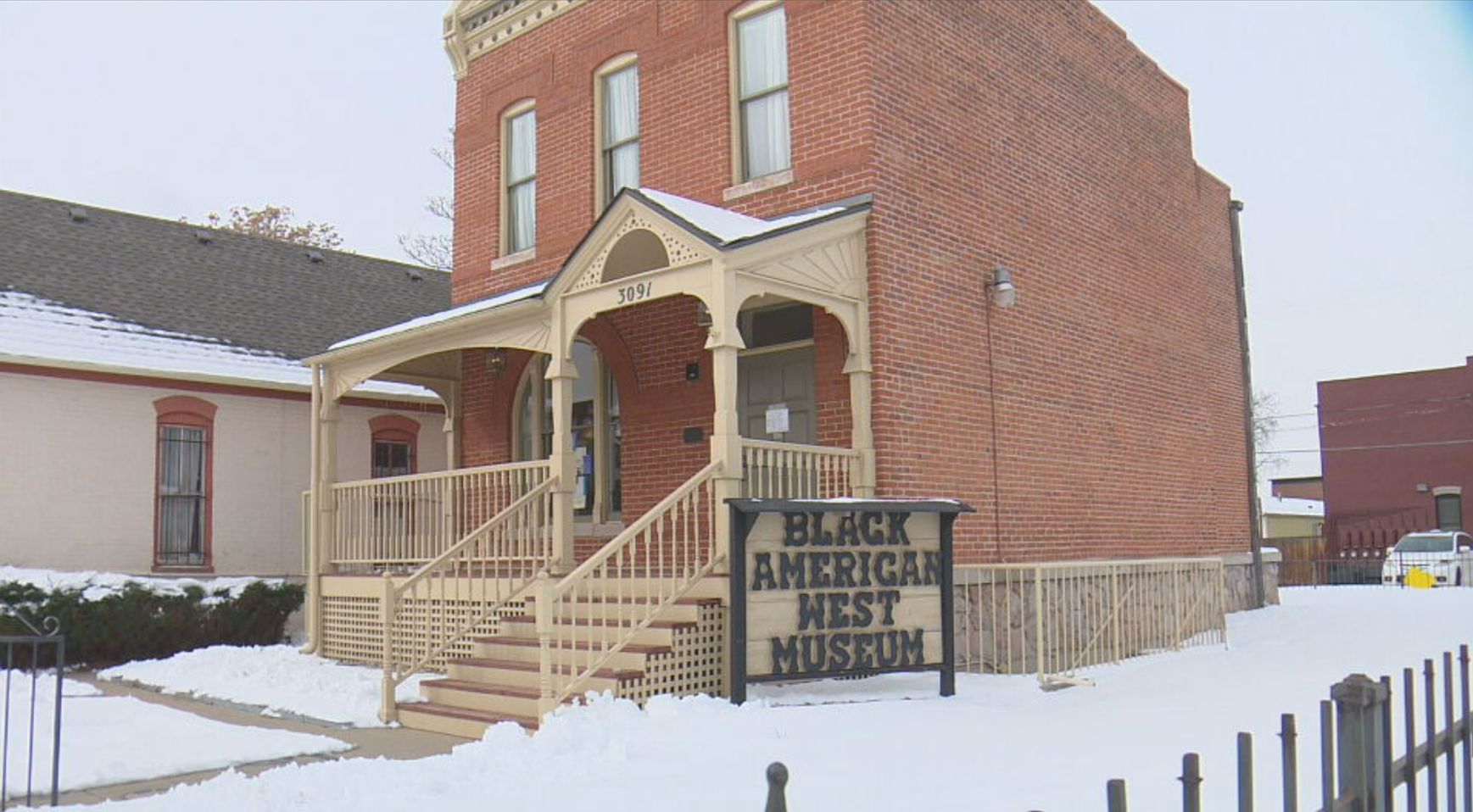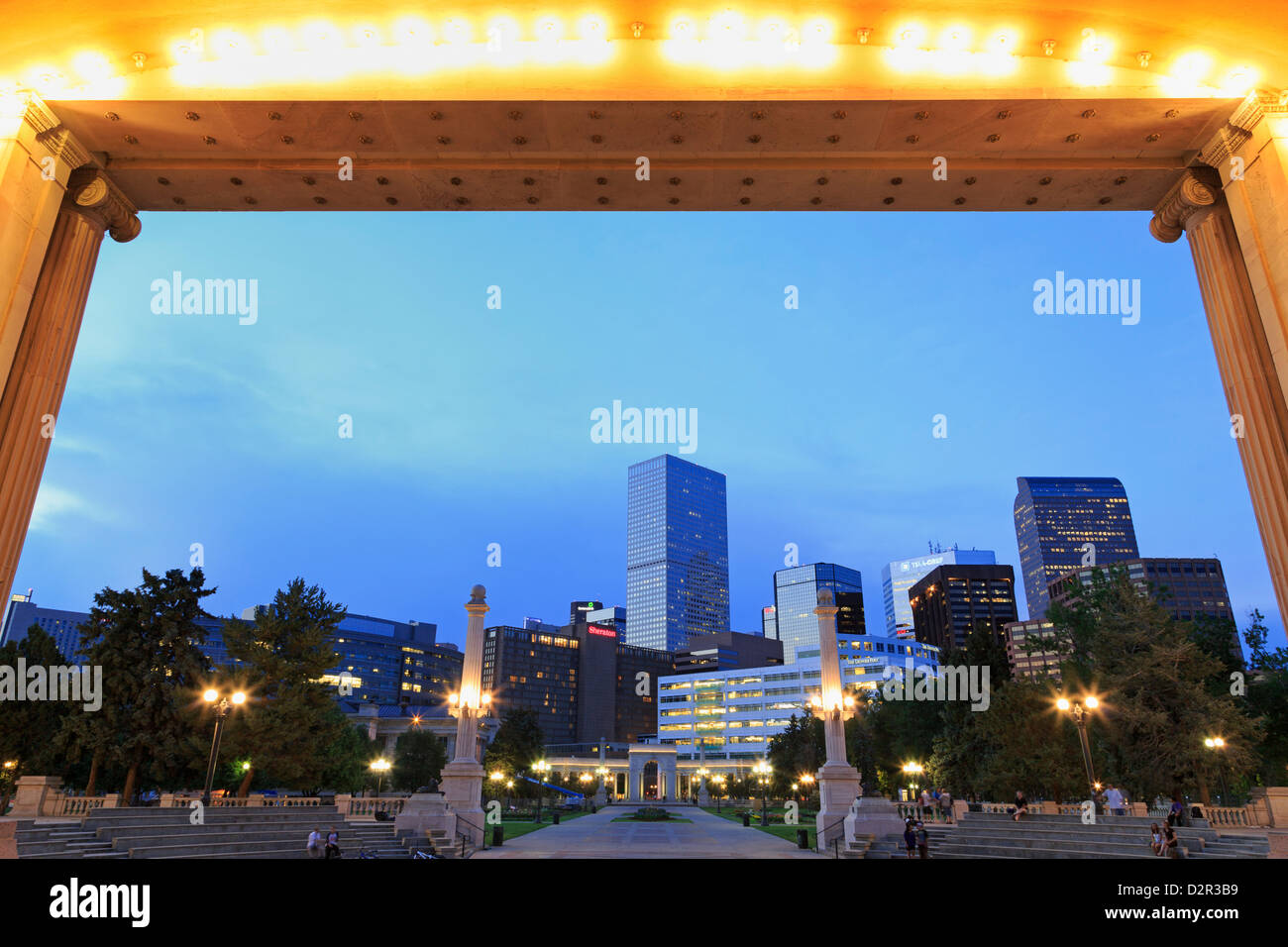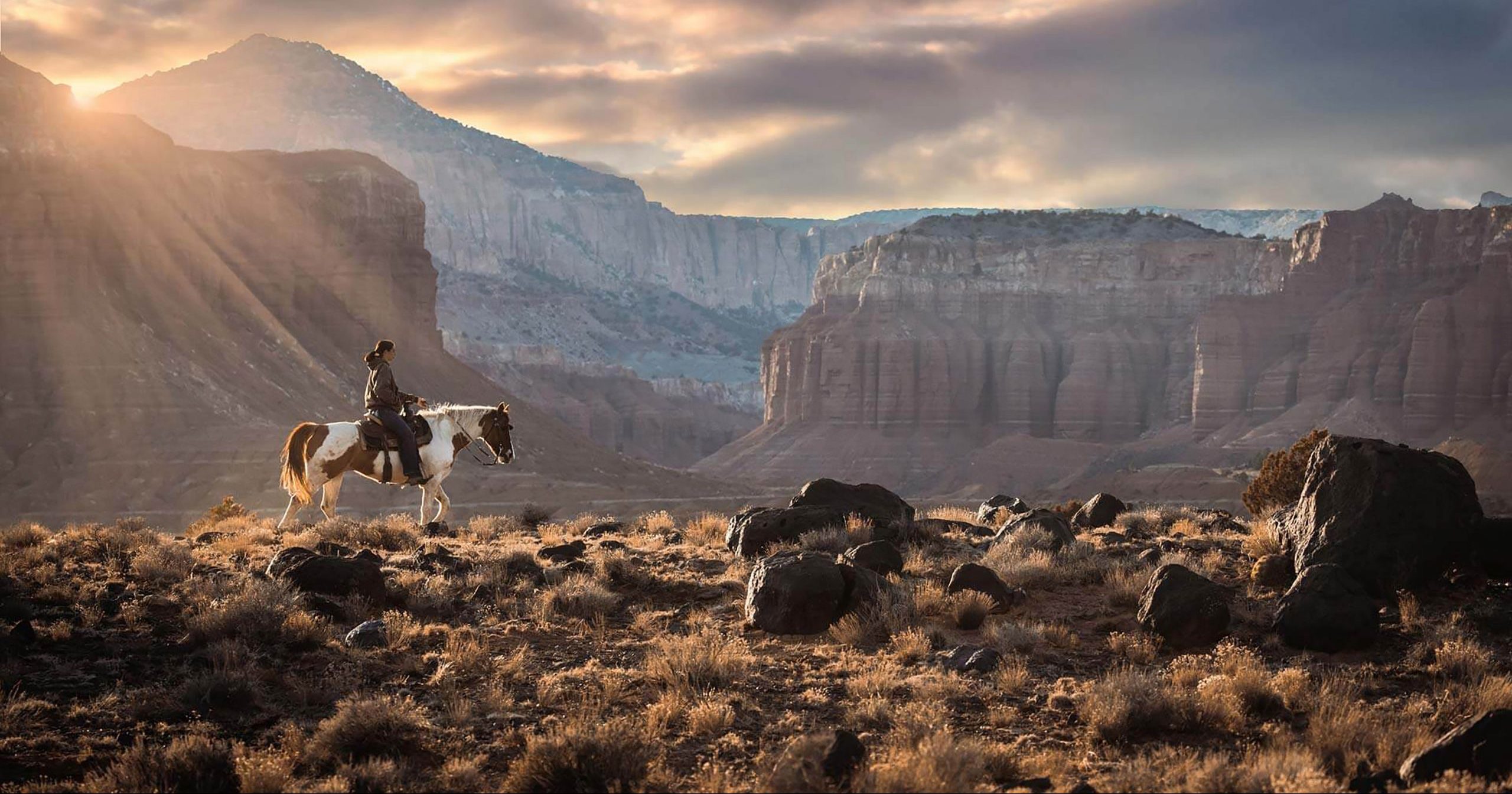Denver, Colorado: A Hub of the American West
Related Articles: Denver, Colorado: A Hub of the American West
Introduction
With enthusiasm, let’s navigate through the intriguing topic related to Denver, Colorado: A Hub of the American West. Let’s weave interesting information and offer fresh perspectives to the readers.
Table of Content
Denver, Colorado: A Hub of the American West

Denver, Colorado, often referred to as the "Mile High City" due to its elevation of 5,280 feet, holds a prominent position in the American West. Situated in the eastern foothills of the Rocky Mountains, Denver serves as the state capital and the most populous city in Colorado. Its strategic location at the crossroads of major transportation routes, coupled with its vibrant culture, diverse economy, and stunning natural beauty, has made Denver a thriving metropolis with a rich history and a promising future.
Denver’s Location on the US Map:
Denver’s location on the US map is central to its significance. It lies in the heart of the Rocky Mountain region, approximately 1,000 miles west of Chicago and 1,600 miles east of Los Angeles. This strategic position has facilitated Denver’s development as a transportation hub, connecting the Eastern and Western United States. The city is served by Denver International Airport (DIA), one of the busiest airports in the world, and is a major intersection for interstate highways, including I-25, I-70, and I-76.
Denver’s Importance:
Denver’s importance extends beyond its geographical location. The city has evolved into a major economic center, with a diversified economy that includes sectors like aerospace, technology, healthcare, finance, and energy. Its proximity to the Rocky Mountains also makes it a popular destination for outdoor recreation, attracting tourists and residents alike.
Denver’s History:
Denver’s history is intertwined with the westward expansion of the United States. Founded in 1858 during the Pike’s Peak Gold Rush, the city quickly grew into a bustling mining center. The discovery of gold transformed the landscape, drawing thousands of prospectors and entrepreneurs to the area. This period of rapid growth laid the foundation for Denver’s future as a major city.
Denver’s Culture and Attractions:
Denver boasts a vibrant cultural scene, with numerous museums, theaters, art galleries, and music venues. The Denver Art Museum, known for its extensive collection of Native American art, is a prominent cultural institution. The city also hosts a variety of festivals and events throughout the year, including the Denver Film Festival, the Colorado State Fair, and the Denver PrideFest.
Denver’s Natural Beauty:
Denver’s location in the foothills of the Rocky Mountains provides access to stunning natural beauty. The city is surrounded by parks, mountains, and lakes, offering opportunities for hiking, biking, skiing, and other outdoor activities. Red Rocks Amphitheatre, a renowned outdoor concert venue carved into the red sandstone cliffs, is a testament to Denver’s natural beauty and cultural significance.
Denver’s Economy:
Denver’s economy is driven by a diverse range of industries. Aerospace is a major contributor, with companies like Lockheed Martin, Boeing, and Ball Aerospace having a significant presence in the city. Technology is another growing sector, fueled by the presence of companies like Google, Amazon, and Microsoft. Denver is also a hub for healthcare, with major hospitals and medical centers located in the city.
Denver’s Housing Market:
Denver’s housing market has experienced significant growth in recent years, driven by the city’s growing population and strong economy. The city offers a range of housing options, from historic Victorian homes to modern condominiums. However, the increasing demand has led to rising housing prices, making it a competitive market for buyers.
Denver’s Challenges:
Despite its many strengths, Denver faces challenges like traffic congestion, affordability issues, and environmental concerns. The city’s rapid growth has put a strain on infrastructure, leading to traffic bottlenecks and limited affordable housing options. Denver is also facing the challenges of climate change, with increasing temperatures and more frequent droughts.
FAQs about Denver, Colorado:
Q: What is the population of Denver?
A: The estimated population of Denver as of 2023 is approximately 720,000.
Q: What is the climate like in Denver?
A: Denver has a semi-arid climate with four distinct seasons. Summers are warm and sunny, with average temperatures in the 70s and 80s Fahrenheit. Winters are cold and snowy, with average temperatures in the 30s and 40s Fahrenheit.
Q: What are some of the best things to do in Denver?
A: Denver offers a wide range of activities, including visiting museums and art galleries, exploring the city’s parks and green spaces, attending concerts and sporting events, and enjoying the city’s vibrant nightlife.
Q: What is the cost of living in Denver?
A: The cost of living in Denver is relatively high compared to other major US cities. Housing is a significant expense, and the cost of utilities, transportation, and food can also be higher than average.
Q: What is the best way to get around Denver?
A: Denver has a comprehensive public transportation system, including buses, light rail, and commuter rail. However, driving is also a popular mode of transportation, especially for those who live in the suburbs.
Tips for Visiting Denver:
- Plan your trip in advance: Denver is a popular destination, so it is recommended to book your flights and accommodations well in advance, especially during peak season.
- Take advantage of Denver’s public transportation: Denver’s public transportation system is efficient and affordable, making it a convenient way to get around the city.
- Explore Denver’s parks and green spaces: Denver is home to numerous parks and green spaces, offering opportunities for outdoor recreation and relaxation.
- Sample Denver’s culinary scene: Denver has a thriving food scene, with a wide range of restaurants and bars serving everything from gourmet cuisine to casual fare.
- Visit Denver’s museums and art galleries: Denver is home to several world-class museums and art galleries, including the Denver Art Museum, the Denver Museum of Nature & Science, and the Clyfford Still Museum.
Conclusion:
Denver, Colorado, stands as a testament to the spirit of the American West. Its location at the crossroads of transportation routes, its vibrant culture, and its diverse economy have propelled Denver into a major city with a rich history and a promising future. As the "Mile High City" continues to grow and evolve, it remains a vital hub for business, recreation, and cultural expression, offering a unique blend of urban amenities and natural beauty.



.jpg)




Closure
Thus, we hope this article has provided valuable insights into Denver, Colorado: A Hub of the American West. We thank you for taking the time to read this article. See you in our next article!